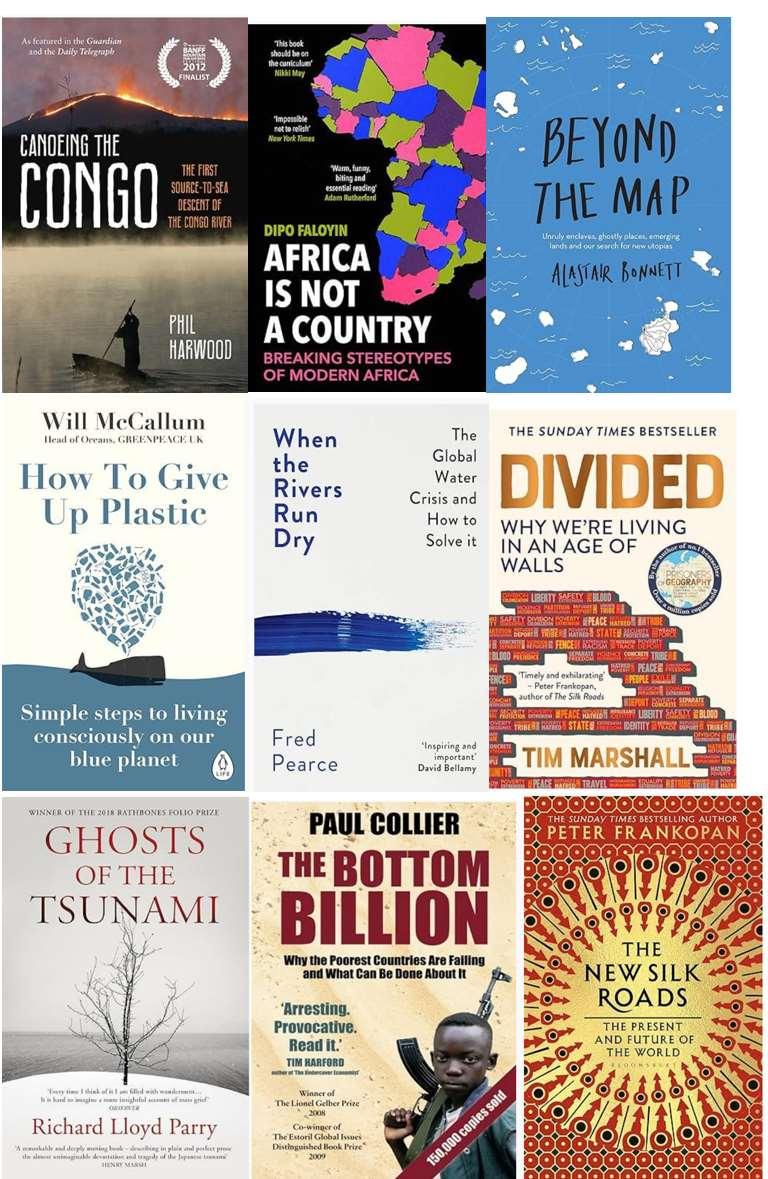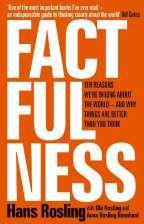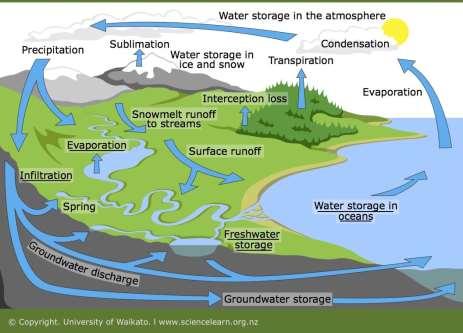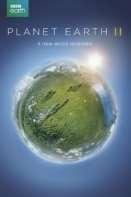AQA Geography 7037
https://filestore.aqa.org.uk/resources/geography/specifications/AQA-7037-SP-2016.PDF


AQA Geography 7037
https://filestore.aqa.org.uk/resources/geography/specifications/AQA-7037-SP-2016.PDF

You are likely to study 3 subjects at sixth form. Each subject will have six lessons per week. You can expect to engage in a wider range of learning strategies in lessons as well as independently. These could be anything from:
▪ Making and organising presentations.
▪ Seminar style reading and group work.
▪ Use of debate, discussion-based learning, TED-talks, and documentaries.
▪ Wider reading outside of lesson hours.
▪ Extended 1-1 practice of practical or experimental work.
▪ Flip learning – learning in your own time and presenting what you have found to the class.
A Levels and Applied Qualifications will require more study to be completed by you independently rather than with a teacher. We recommend that you spend the same time studying outside of lessons as you do in lessons. Therefore, if you have 6 hours of Biology per week, this means that 6 hours should be spent revisiting notes, revising content, completing practice questions outside of the classroom each week also.
This pack will support you with starting to practice independent study over the summer period which will help you understand what works best for you.
Over the summer it is expected that you engage with this transition booklet to support with your movement into A level Geography.
You must make a total of 200 credits through the summer.
The points for each task are outlined below:
1. Familiarise yourself with specification – 50 credits.
2. Completing Task 1 ‘Globalisation’ – 50 credits.
3. Complete Task 2 ‘Water and Carbon Cycle’ – 50 credits.
4. Complete compulsory readings – 50 credits.
These must also be evidenced on your return in September.


An insightful book which helps understanding how the physical geography impacts on political reality and really helps to understand how decisions of world leaders have been shaped by geography- a good introduction to Geopolitics.
A scary walkthrough of the impacts of Climate
Change as world temperatures increase by 1 degree through to 6 degrees. Mark Lynas delivers a vital account of the future of our earth, and our civilisation, if current rates of global warming persist. And it’s only looking worse.


By following $1 from a shopping trip in suburban Texas, via China's central bank, Nigerian railroads, the oilfields of Iraq and beyond, The Almighty Dollar reveals the economic truths behind what we see on the news every day. Why is China the world's biggest manufacturer - and the USA its biggest customer?
A radical new explanation of why we systematically get the answers to questions about development wrong. It reveals ten instincts which distort our perspective. It sweeps aside our world instincts and makes the world a sunnier place.

The idea behind this bridging pack is to use the time that you have between now and September to get ahead for your A Level Geography course. You will be studying 3 modules for the Human paper.
Globalisation is the process of becoming more globally connected on a variety of scales. To look into globalisation, use the following resources:
1. https://www.coolgeography.co.uk/Alevel/AQA/Year%2013/Development%20&%20Globalisation/Globalisation/Globalisation .htm (Cool Geography)
2. https://pmt.physicsandmathstutor.com/download/Geography/Alevel/Notes/AQA/Global-Systems-and-Global-Governance/Detailed%20Notes%20%20Global%20Systems%20and%20Governance%20-%20AQA%20Geography%20Alevel.pdf (Physics and Maths Tutor)
Answer the following questions using your research and knowledge.
1. What is globalisation?
2. What are the causes of globalisation?
3. What does the cartoon on the right suggest about globalisation?

4. What factors have caused globalisation to speed up?
CHALLENGE – ‘Nationalism is the ideology of our age’ To what extent do you agree?

Define the following key terms:
• Precipitation
• Evaporation
• Surface Runoff
• Transpiration
• Condensation
• Sublimation
• Infiltration
1. What effects can humans have on the water cycle?
2. How might climate change affect the water cycle?
3. “Climate change – myth or reality?” Does climate change really exist or is it a phenomenon made worse by the media? You need to find evidence to support both sides.
CHALLENGE – What is the interrelationship between the water and carbon cycle?
To be a great geographer, you will need to develop the ability to think synoptically, being able to see the greater overview and how everything we study in Geography links together. Geography is not just about studying people and landscapes, it is also the relationships that exist between people and their environment. To begin your wider reading, you need to listen/read the following.



‘1979 to 1989, The Decade we Could have Stopped Climate Change’ Royal Geographical Society.

‘Amazon is Net Carbon Producer’, Ane Alencar

‘Why is Globalisation Under Attack?’ Mark Broad

For each of them:
1. Write down three things that you learnt from listening/reading.
2. Explain how it could be valuable for a geographer.





There are some great podcasts here to pick from on a wide variety of geographical issues. This includes climate change, carbon, urban greening, deforestation, alternative powers, plastics.
Listen for the story behind the headlines and a deeper understanding of the news.
A documentary series about wildlife found on earth where each episode covers a different habitat. Episodes are based on deserts, mountains, fresh water, plains and jungles. Narrated by David Attenborough.
Andrew Marr looks at how people live in five of the world’s biggest megacities: London, Dhaka, Tokyo, Mexico City and Shanghai.
Ted Talk – The end of Globalization?
Globalization is on its deathbed. The question now is – what is next? Tracing the historical successes and failures of globalization




